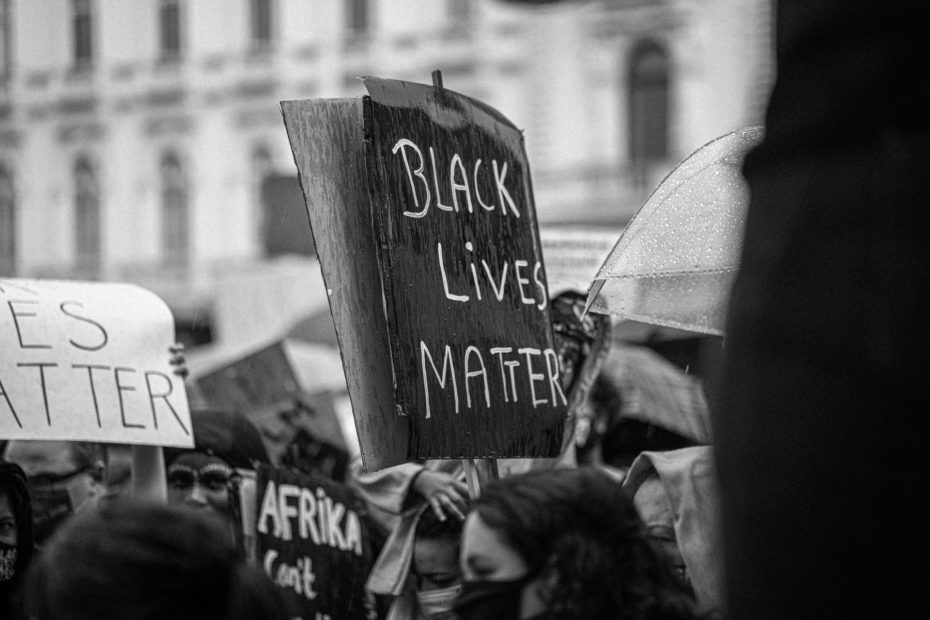The Department of Urban and Environmental Policy and Planning (UEP) expresses its unwavering solidarity with Black, Indigenous and People of Color (BIPOC) communities, and allies to make Black Lives Matter. We are grieving, and we are angered by the systemic racism that has resulted in the recent, and horrific murders of George Floyd, Breonna Taylor, David McAtee and Ahmaud Arbery. But these are only the latest in a litany of historic injustices against BIPOC communities, and particularly Black people who have endured slavery, Jim Crow segregation, and now the carceral state. We stand proudly with these communities, and all who have, and are enduring state-sanctioned violence around the world.
We in the fields of urban and environmental policy and planning must recognize our role and act accordingly. Urban planning has played a critical role in promoting white supremacy. Some of the tools of urban planning and policy have been used to push BIPOC communities into neighborhoods where segregation, concentrated poverty, and environmental injustice are rife. This has severely compromised people’s quality of life and wellbeing, their life chances, and their lifespans. Many policy and planning practitioners have been complicit or remained silent as the administrations they served criminalized BIPOC communities in the “war on drugs,” while gutting social safety nets.
We at UEP have never been passive observers of these injustices. Through our Core Values which infuse our curriculum, research and our practice, we recognize “the deeply embedded nature of race, class, gender and culture in all aspects of public policy and planning.” We openly acknowledge that groups who are marginalized because of their identity and the historical legacy of exclusion and oppression often bear the greatest burden of public problems including environmental degradation, poverty, and inadequate access to social and environmental resources.
Our UEP Mantra: “educating practical visionaries” has never been more pertinent or necessary. More than ever we need to critically re-envision our cities, demonstrating practical alternatives that center the struggles of BIPOC communities fighting for justice and an end to racial capitalism. We continue to practice and build upon equity and advocacy planning by working directly with community-based partners who are struggling for clean air, housing justice, mass transit, and community control over development. The racial and public health crises engulfing our nation have cruelly exposed the deep social and spatial inequities and inequalities in this nation. At UEP, our resolve is strengthened. At UEP, an education in urban and environmental policy and planning is an anti-racist education.
In solidarity, The UEP Community
Cover image by Redrecords/Pexels
